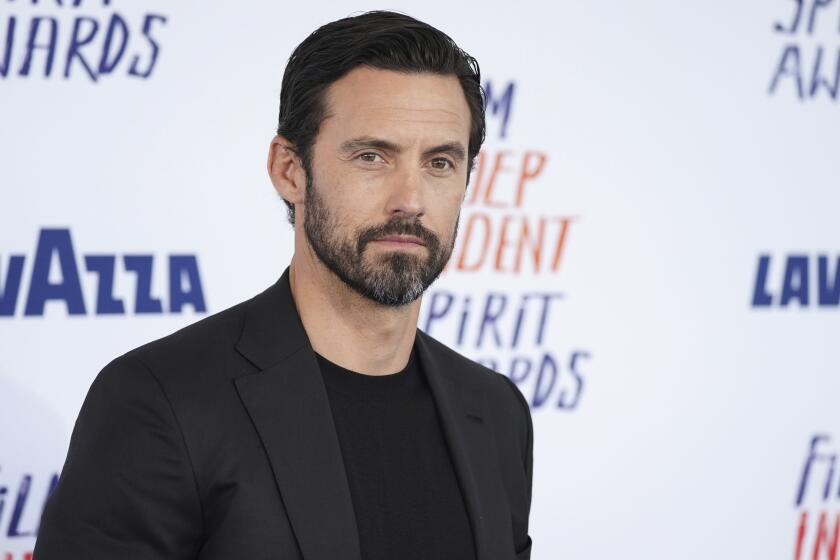Due South of Funny for Kids
- Share via
All educators must encourage children to spend less time in front of a TV screen. By limiting quantity, the quality, or content, of the viewing experience is automatically addressed. Obviously, the less viewing time, the less chance there is of something offensive being seen by a child. However, in choosing to directly address the issue of quality, censorship comes into play. And for educators, censorship is a sensitive issue.
In general, the censor’s role in regard to television is something that can only be taken on by a parent, at home. Recently, however, an issue has arisen in which it is appropriate for educators to concern themselves with content. That issue is “South Park,” which Time magazine calls “an imaginative recreation of authentic experience” and goes on to refer to its “vibrant vulgarity.”
I guess I’m somewhat out of touch, perhaps not sophisticated enough to understand the concept of vibrant vulgarity. I’ve always looked upon cartoons as an innocent venue, child-friendly, a seductive medium for kids. However, there’s nothing innocent or child-friendly about foul-mouthed third-graders routinely harassing their disturbed teacher, who often addresses the class through his hand puppet; or Cartman, a student bigot; or Mrs. Cartman, his mother, whom the children refer to as a crack whore and a dirty slut; or Uncle Jimbo, a trigger-happy gun fanatic; or Mr. Hankey, a talking piece of feces; or Kenny, a destitute kid who dies horribly in every episode, etc., etc. . . .
I think about children, and I am offended that the show’s creators would even consider a school as a setting. I think about teachers, hard-working professionals doing one of the most demanding jobs in the world, and I am hurt that the profession is subjected to such ridicule. I think about parents--supportive, active, involved, nurturing--and I can’t even imagine the thought processes that would go into portraying the show’s parents in such dishonorable, disrespectful and amoral terms.
One hopes against hope that this is not the direction media are moving toward in the name of ratings. However, when I hear that the next season’s 20 episodes are ready to roll, and that there’s talk of a feature movie, and that there’s been $30 million in T-shirt sales, and that more than 250 unofficial web sites have sprung up, and that a sound-track album is being produced, and that according to Time, even though the show is particularly strong among 18- to 24-year-olds, an estimated 5% of the viewing audience is younger than 11(I suspect it’s much more), then that direction is becoming clearer.
It is in Los Angeles, specifically the Hollywood-San Fernando Valley area, that real change can occur in regard to the type of television shows children will watch. Where else can high-level media decision-makers directly interact with the community they are trying to reach? That interaction should include authentic dialogue and feedback from parents and teachers regarding media messages that are impacting children. What better way to ensure responsible, child-appropriate programming?
Hopefully someone, somewhere will make an honest effort to jump-start this communications process. Until then, as educators, all we can do is strive to create school atmospheres that are in touch with the world outside our doors yet at the same time reflect a collective spirit of childhood innocence. Anything that may impact negatively on that process, such as a show like “South Park,” is something all parents should be aware of.
More to Read
The complete guide to home viewing
Get Screen Gab for everything about the TV shows and streaming movies everyone’s talking about.
You may occasionally receive promotional content from the Los Angeles Times.






